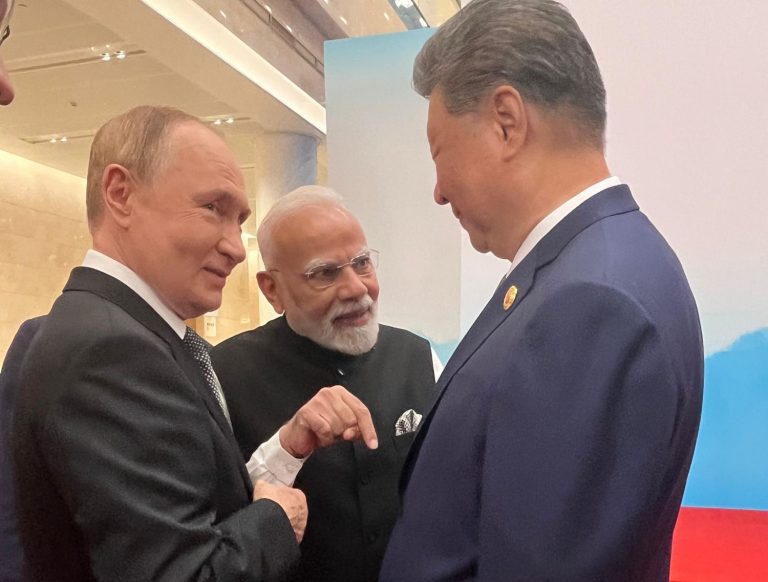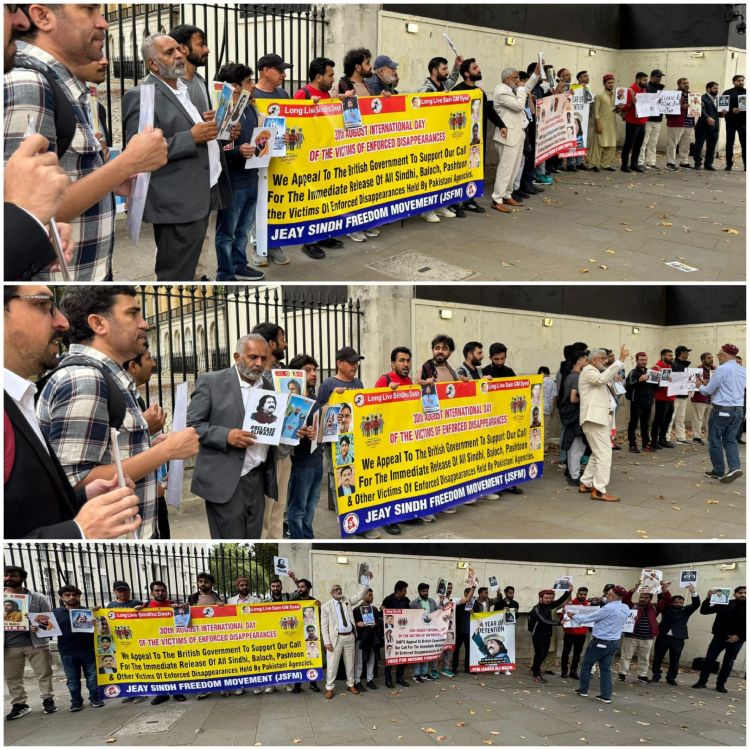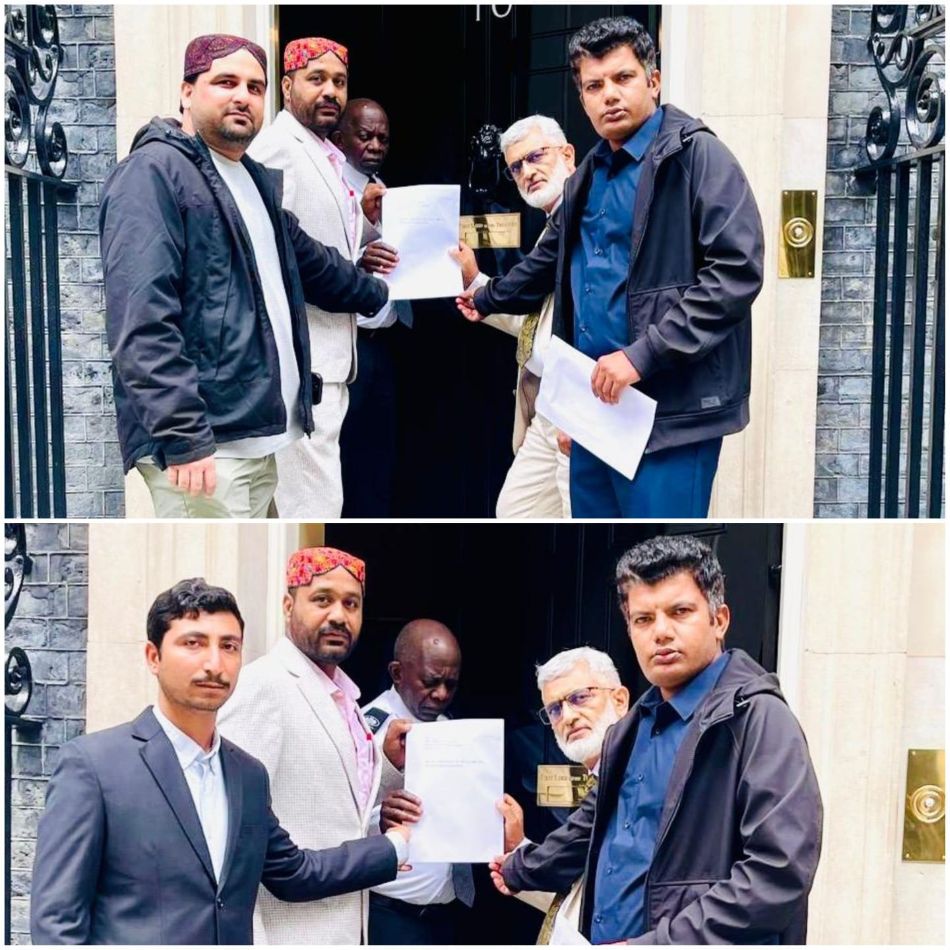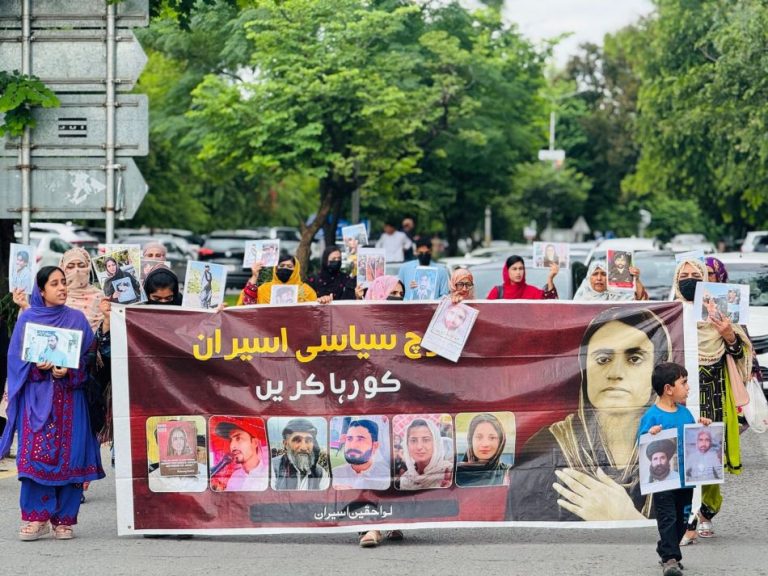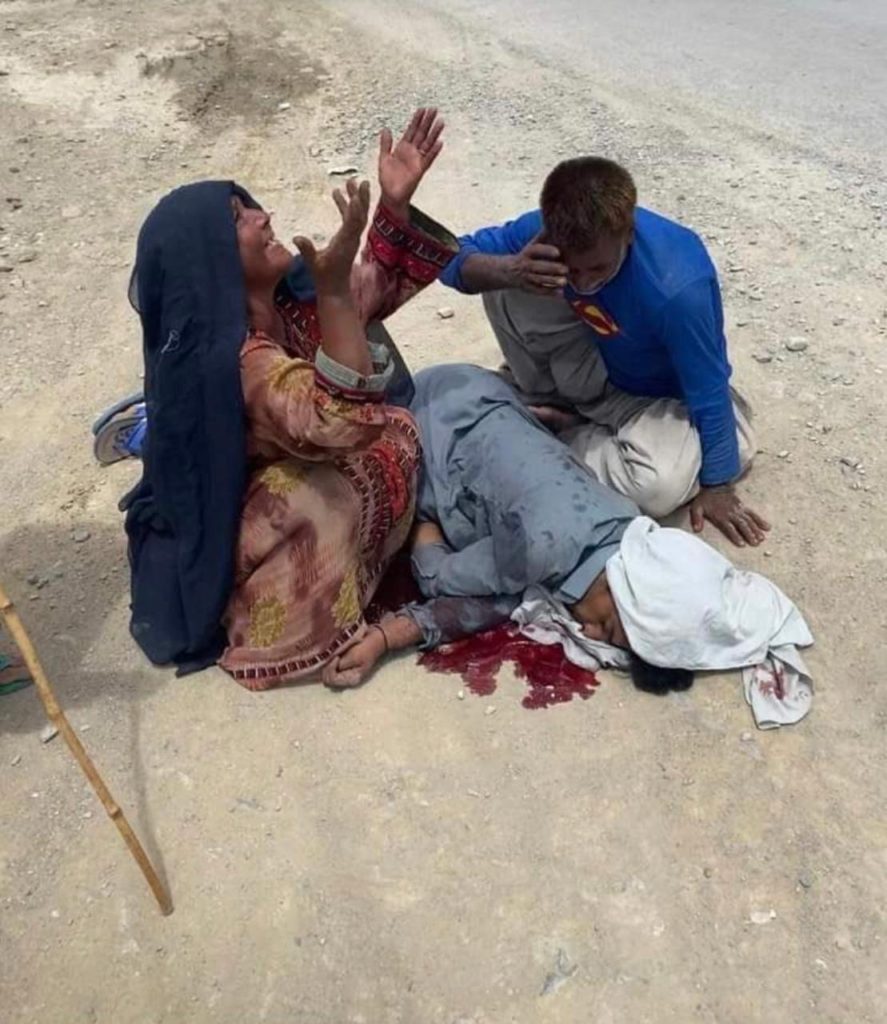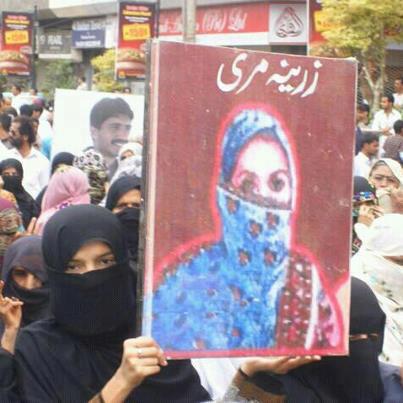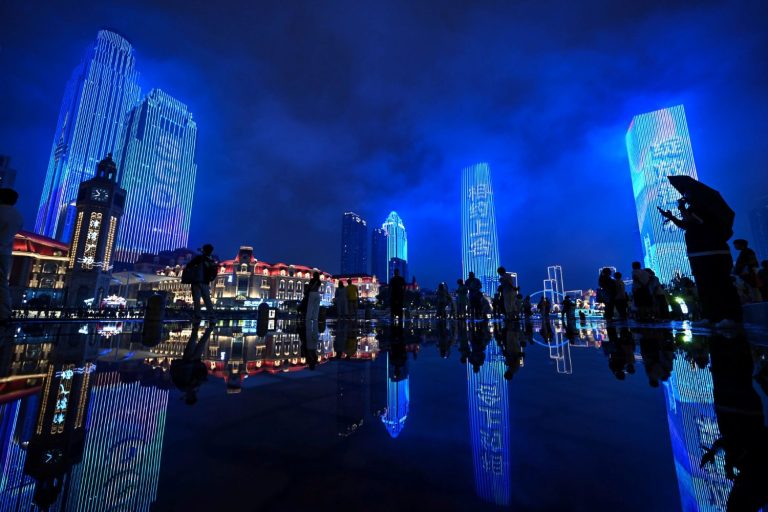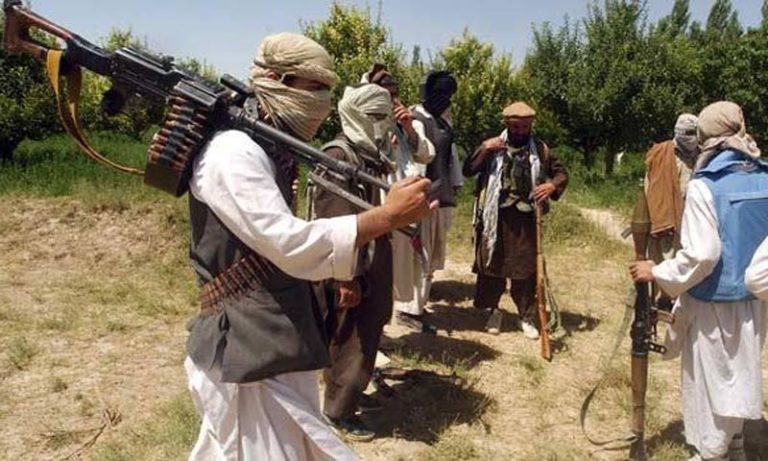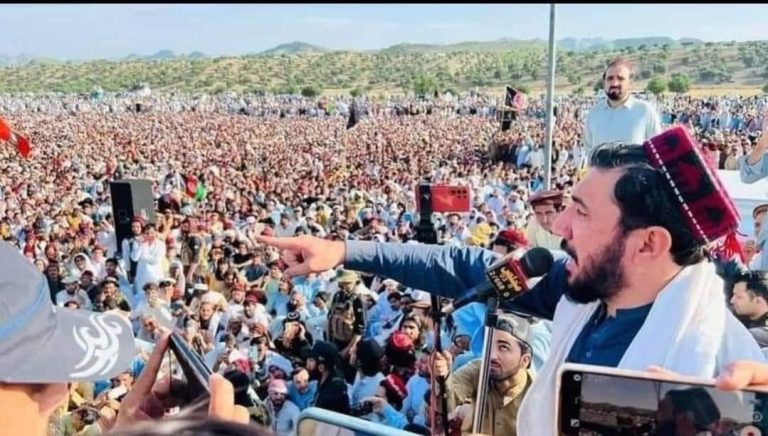They say Karma works like a boomerang in that what you give out always comes back to you- and this is exactly what’s happening in Pakistan. In 2018, while addressing the Munich Security Conference in Germany, Pakistan’s then army chief Gen Qamar Javed Bajwa claimed that there are no safe havens for terrorists in his country and had asked the US to stop blaming Islamabad for its own failures in Afghanistan.
Since seven years have since elapsed, one would have forgotten about this incident had Afghanistan’s Defence Minister Mullah Mohammed Yaqoob not resurrected this very argument in his recent interview with BBC. Outrightly rejecting Islamabad’s allegation that Tehreek-e-Taliban Pakistan [TTP] and Baloch Liberation Army [BLA] were operating from safe havens located inside Afghanistan he also made it clear that even “If terrorists of TTP and BLA come from Afghanistan and carry out car bombings and targeted killings inside Pakistan, it shows their [Pakistan Army’s] failed internal security system.” Doesn’t the blunt reply of Afghanistan’s Defence Minister validate the Karma-boomerang analogy? So, while Pakistan is definitely a victim of terrorism and blames all and sundry for the same, isn’t this the backlash of the Pakistan Army’s proclivity for keeping snakes in its backyard?
Rawalpindi has a lot to answer to its people for the burgeoning spate of terrorism afflicting the country and Pakistan Army chief Field Marshal Syed Asim Munir cannot evade responsibility for his army’s abject failure to tackle this menace just by blaming “foreign powers” and “[poor] governance” for the prevailing chaos.
So, while the Field Marshal Asim Munir’s emotional query about “How long will we continue to fill the governance gaps with the blood of the armed forces of Pakistan and the martyrs” may attract sympathy, his demand that Pakistan be turned into a “hard state” is a brazen attempt to conceal the Pakistan Army’s abysmal failure in fighting home-grown terrorism by blaming the government of functioning “in the style of a soft state.”
The Pakistan Army chief needs to remember that it’s the army’s inviolable responsibility to ensure the safety of its citizens. Hence, if Rawalpindi is so certain that Kabul is providing sanctuary to the TTP and BLA and claims to have specific information regarding the exact locations of the same, then why doesn’t it undertake a comprehensive military operation to strike and destroy these safe havens instead of taking token actions through sporadic drone strikes? Is he serious or merely playing to the domestic gallery?
Though it blames New Delhi for sponsoring TTP without furnishing any credible evidence in support of its allegations, Rawalpindi’s own track record of its dealings with TTP is appalling. Even though this terrorist group perpetrated the heinous 2014 Army Public School Peshawar carnage in which nearly 150 students and staff members were brutally murdered, yet the Pakistan Army meekly accepted a ceasefire offered by this terrorist group in 2022.
As part of this shameful deal, Rawalpindi also unconditionally released more than 100 convicted TTP fighters responsible for the death of several army men, members of law enforcement agencies as well as innocent civilians. One of the TTP commanders released was Muslim Khan who in 2016 had been sentenced to death by a Pakistani military court for killing 31 Pakistanis including security force personnel and civilians.
However, the most alarming development was something unthinkable that Rawalpindi did. In 2022, large scale protests erupted in Swat Valley against the rapidly increasing presence of armed TTP fighters. Instead of dispelling fear amongst the locals by taking immediate action to evict these terrorists, and preventing future infiltration, the Pakistan Army instead stooped to a new low. Believe it or not, it actually covered-up the mass intrusion of TTP cadres into Swat Valley by denying TTP presence in Swat Valley and outrightly rejecting irrefutable reports of the same by calling them “grossly exaggerated and misleading.”
There are many other instances where Pakistan has been struck by the Karma ‘boomerang’. Readers would recall that Pakistan’s ex-president and former army chief Gen Pervez Musharraf revealed that “Kashmiris who came to Pakistan received a hero’s reception here,” adding that “We used to train them and support them. We considered them as mujahideens who will fight with the Indian army.”
He subsequently admitted that after 9/11, “These very mujahideen groups whose orientation was Kashmir, they turned their guns inwards, and they developed a nexus with Taliban and Al-Qaeda. Now, this is the bigger problem area [sic], that they are involved in terrorism in Pakistan.” Isn’t this a classic case of Karma hitting back?
Next, isn’t Gen Musharraf’s revelation that “We introduced ‘religious militancy’ to flush out [the] Soviets” and his lament of how “Religious militancy has now become militancy [and] now we also are a victim of terrorism” reflective of rapidly escalating communal and sectarian violence in Pakistan and yet another physical manifestation of Karma’s backlash? Lastly, let’s not forget that it was Rawalpindi’s refusal to end its sponsorship of the Haqqani network in 2018 that prompted US President Donald Trump to Tweet “They [Pakistan government and army] give safe haven to the terrorists we hunt in Afghanistan”. With the Afghanistan Defence Minister outrightly refusing to entertain Pakistan’s request to evict TTP from safe havens on its soil, hasn’t Kabul done to Rawalpindi exactly what Rawalpindi had done to the US seven years ago?
Karma is unforgiving and has a long memory!



